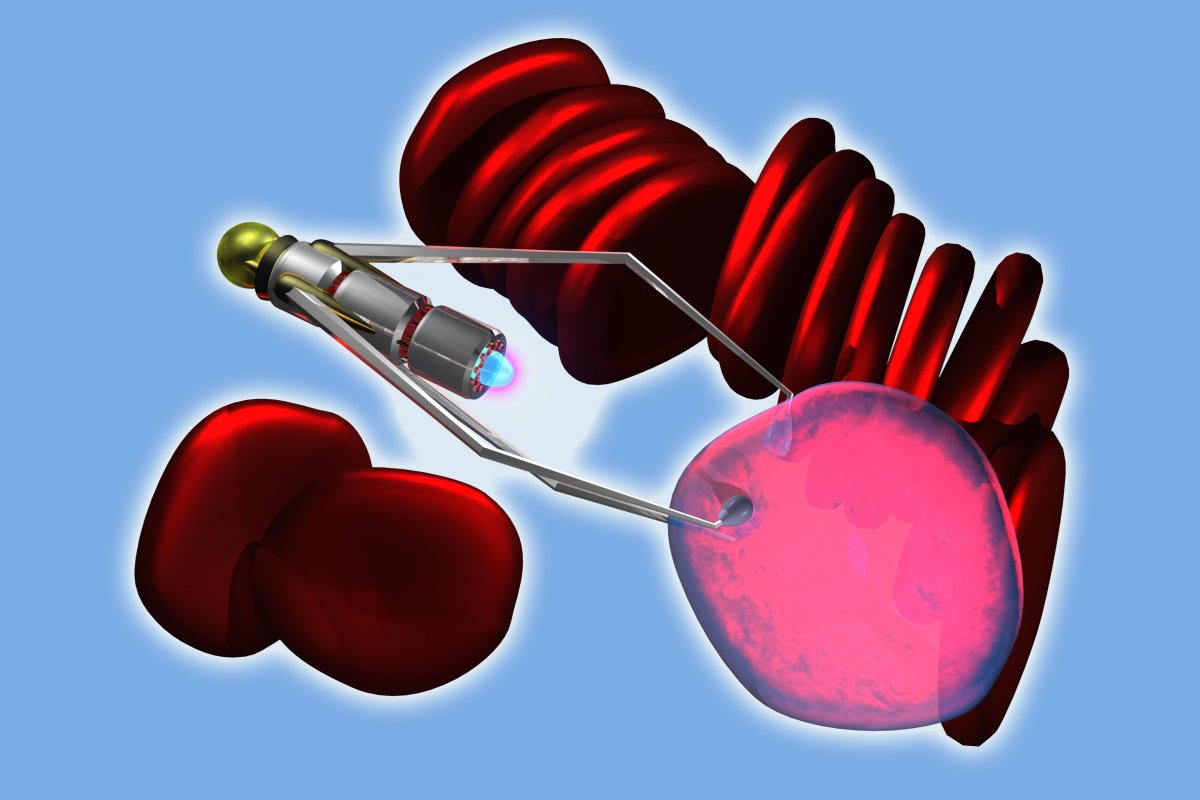
We’ve all seen the movies. Sometime in a distant future, humans have solved the riddle of aging. The answer usually involves some sort of hard-to-understand science or some kind of mystical magic.
However, scientists say that immortality for humans is leaving the world of fantasy and science fiction and becoming a reality.
A recent article from Popular Mechanics reported that the key to living forever comes from merging biotechnology and artificial intelligence to make nanotechnology.
In the article, futurist Raymond Kurzweil said that this nanotechnology will help “overcome the limitations of our biological organs altogether.”
The required nanotechnology is predicted to become a reality by the year 2030, according to Wired.

How does this work? Kurzweil explains in an essay he wrote for Wired that once we reach old age, our bodies spontaneously reach a state in which they just start breaking down. This happens regardless of lifestyle.
Kurzweil compares it to the rusting of a car in that “metabolism creates waste in and around cells and damages structures through oxidation. When we’re young, our bodies are able to remove this waste and repair the damage efficiently. But as we get older, most of our cells reproduce over and over, and errors accumulate. Eventually, the damage starts piling up faster than the body can fix it.”
This is where the nanobots come in. According to an article from Columbia One, in the near future, humans might have nanobots flowing through our bloodstreams. These nanobots will repair cellular damage and link us to the cloud.
The article reports that this will allow humans to increase their life expectancy for “more than a year every year, thus allowing humans to become essentially immortal."
At this time, nanobots solving the riddle of human aging is just one theory amongst many. However, Kurzweil has been known for making other accurate predictions about the future.
In his book written in 1990, The Age of Intelligent Machines, Kurzweil predicted that by 2009, we’d all be using portable, personal computers and that most reading would be done on screens. As we can all attest to, this prediction was spot on.
Will Kurzweil's predictions about nanobots stalling human aging be as accurate? Only time will tell.
More must-reads:
- Hall of Famer says NASCAR has 'overstayed its welcome' in Chicago
- Two-time Stanley Cup champion announces retirement
- The 'MLB active strikeout leaders' quiz
Breaking News
Trending News
Customize Your Newsletter
 +
+
Get the latest news and rumors, customized to your favorite sports and teams. Emailed daily. Always free!








